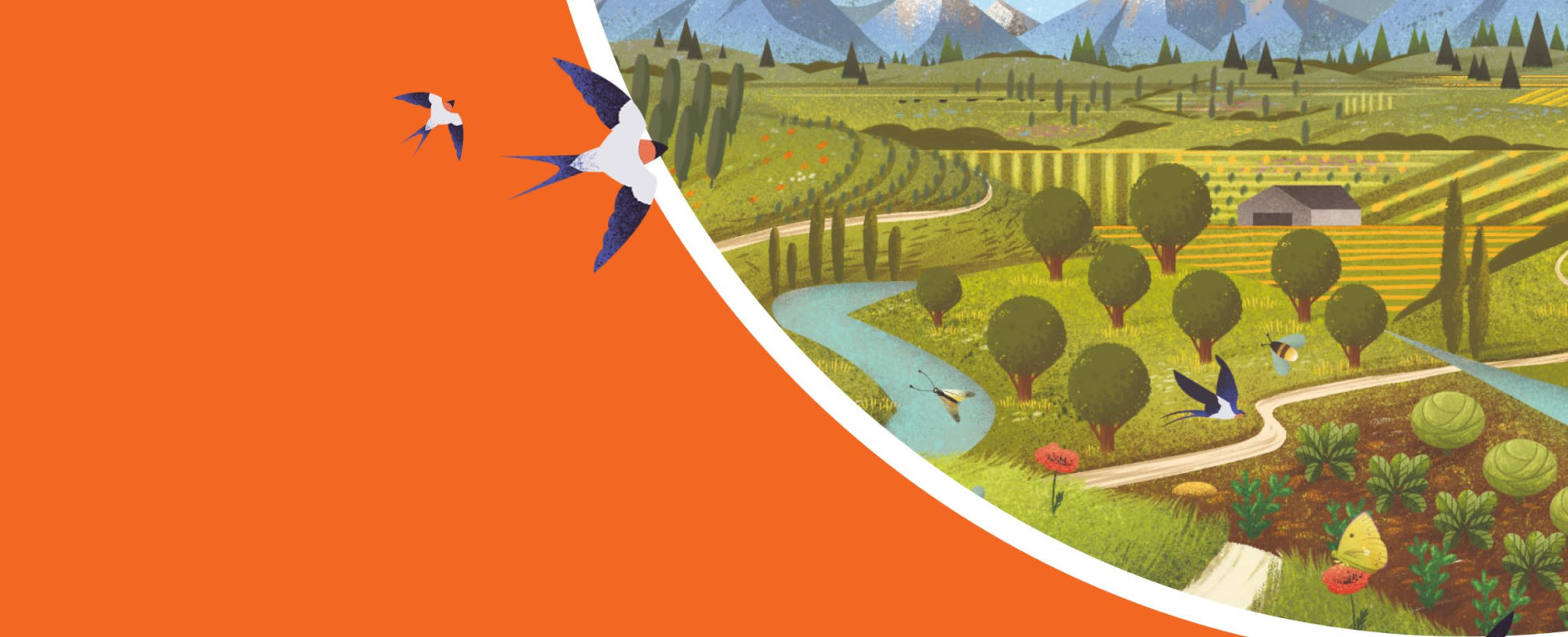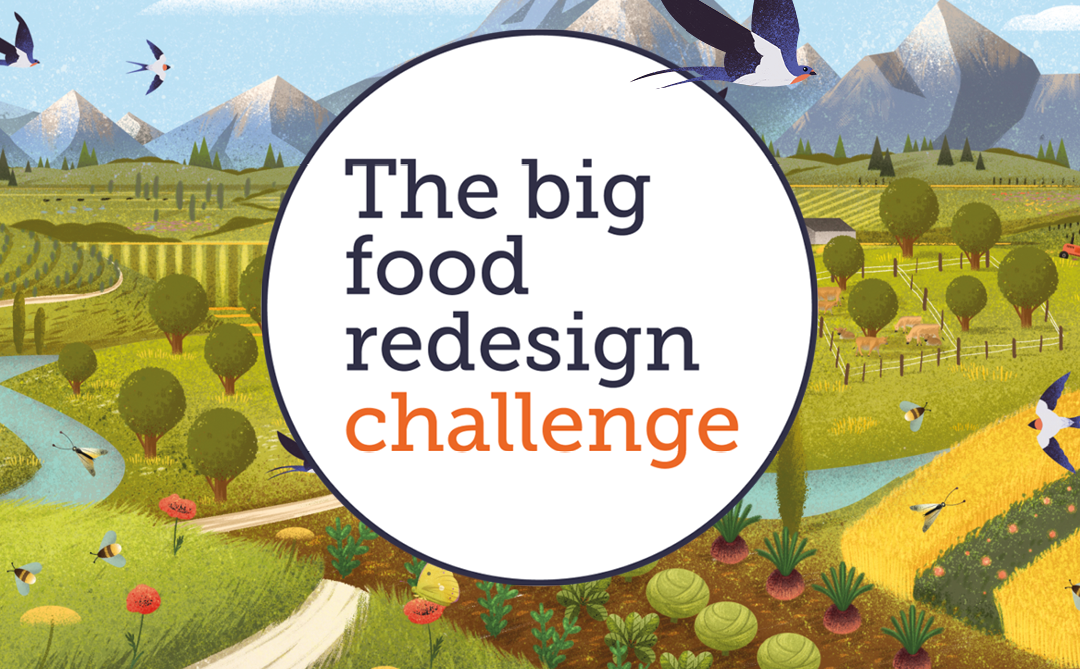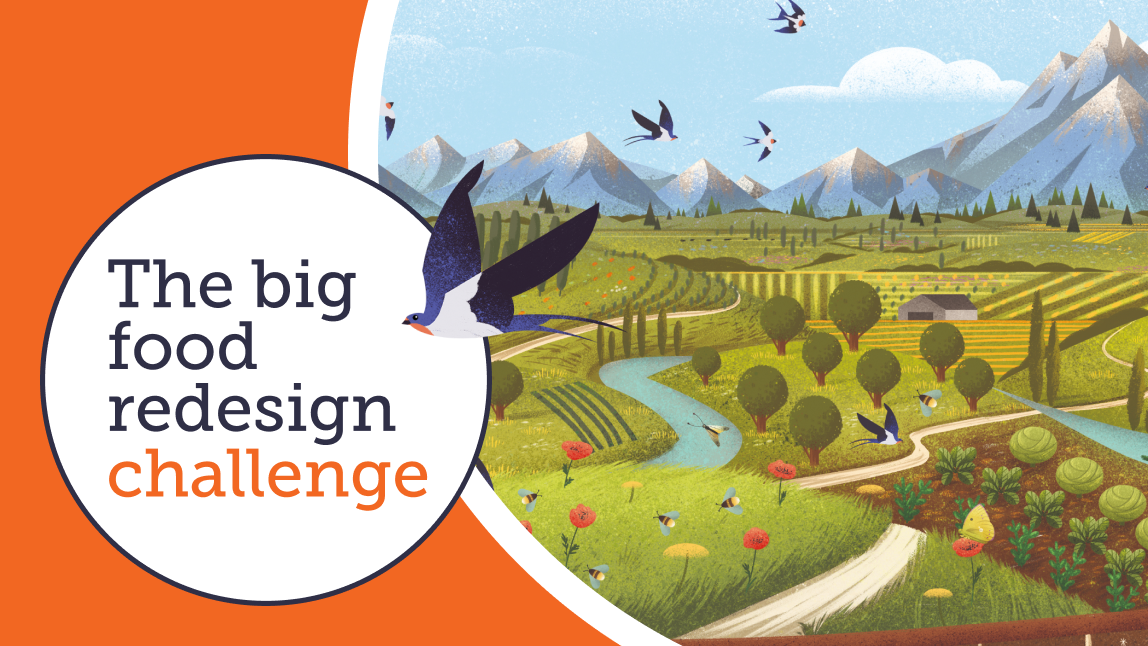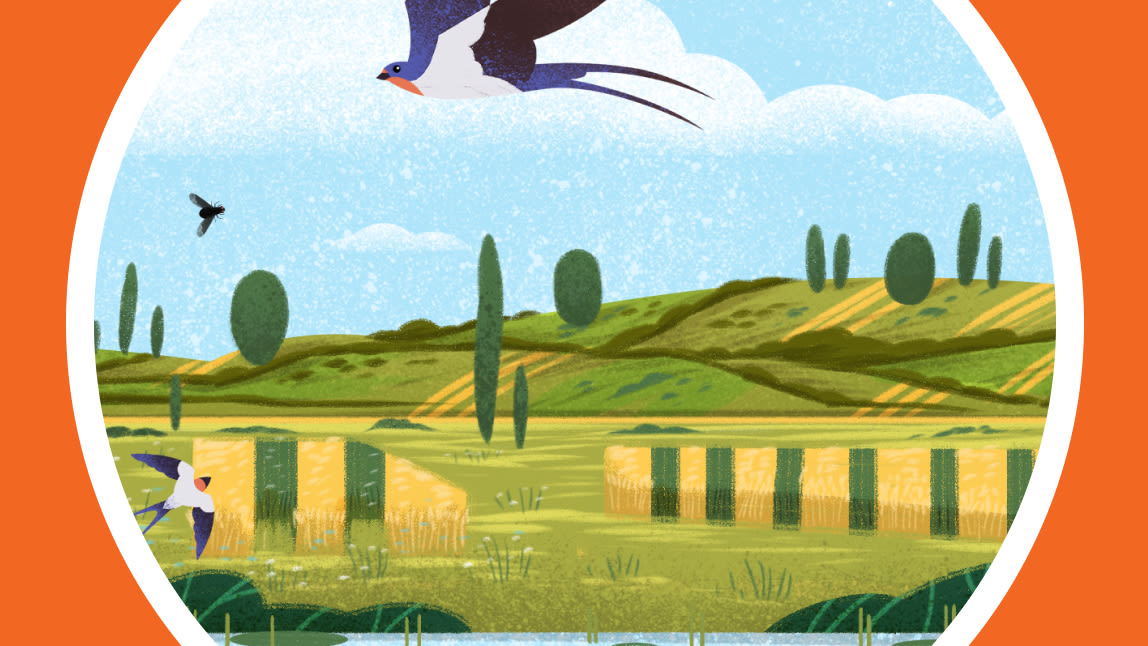Cactus cookies, banana peel snacks, and wrinkled pea pasta among contenders as foods of the future
Food products designed to regenerate the planet are one step closer to reaching supermarket shelves after being invited to the next stage of the Big Food Redesign Challenge, the Ellen MacArthur Foundation has announced today (25 January).
Pasta made from wrinkled peas, a snack using banana peel, and both cookies and juice produced from cacti, are among the innovative concepts received from companies ranging from start-ups to household names including Danone and Nestlé.
The Challenge, launched last year by the Foundation in partnership with the Sustainable Food Trust, tasked participants to design new products – or redesign existing ones – using circular economycircular economyA systems solution framework that tackles global challenges like climate change, biodiversity loss, waste, and pollution. It is based on three principles, driven by design: eliminate waste and pollution, circulate products and materials (at their highest value), and regenerate nature. principles which help nature to thrive and address climate change.
From a total of 400 applications received worldwide including from the UK, US, Africa, Europe and Latin America, more than 160 products are now being supported in developing their first designs.
As selected products enter the production phase of the Challenge, the Foundation is calling on retailers to join its partners – the leading British supermarket Waitrose and major retail group Grupo Carrefour Brasil – in showcasing food items as early as this year.
Beth Mander, Food Programme Manager at the Ellen MacArthur Foundation, said: “Our current food system is a key driver of biodiversity loss and accounts for a third of global greenhouse gases. We can, and must, redesign our food to regenerate nature and tackle some of the most pressing global issues facing us today.
“It’s encouraging to see such a huge appetite by businesses to rise to the challenge of helping to reshape how we design food for the future. With such an innovative range of product ideas, we hope they will become everyday items on shopping lists.
“This is an exciting time for more retailers to get involved and be among the first in the world to offer their customers unique access to food choices which help preserve and restore our planet for future generations.”
Joining the next phase of the Challenge is UK-based Hodmedod and its products made from British peas, beans and grains. Their selection of pasta, soups, and dahl is sourced from a type of broad bean and other diverse arable crops grown with regenerative practices that help build soil health.
Other submissions include Fortnum & Mason’s in-house distilled Amalthea Dry Gin, which has diversified its source crop by swapping grains with homegrown apples. Old Farmhouse Brewery has also submitted a beer with kelp locally sourced from Wales’ first community-owned regenerative ocean farm.
International food corporation Danone has proposed a new yoghurt range for the UK & Ireland markets. The company aims to source over 90% of the milk needed through farms that are using regenerative agriculture practices. Golden Hooves, a UK-based subsidiary of First Milk, has submitted a butter and cheese containing ingredients sourced from farmers that are all pledged to the earth’s regeneration.
Kenya-based Dunia Bora is in the next phase of the Challenge with the use of cacti – traditionally considered an invasive plant – as an ingredient in cookies and juice, farmed using regenerative practices in the country’s arid and semi-arid regions.
Meanwhile, submissions from US-based companies include Wildway, which has come up with the idea of using banana and its peel as a nutritious snack and a way of reducing waste, and a different take on traditional jerky by 4 Fungi’s Regenerative which is proposing a plant-based alternative using mushrooms.
The Foundation, an international charity committed to creating a circular economy, launched the Big Food Redesign Challenge with support from funds raised by players of People’s Postcode Lottery and awarded through the Dream Fund; the Schmidt Family Foundation, and the Gordon and Betty Moore Foundation.
Retailers are invited to find out how they can get involved in stocking nature-positive products, including the chance to join the upcoming ‘Putting Nature First on Supermarket Shelves’ webinar by contacting challenge@bigfoodredesign.org.
–ENDS–
ABOUT THE ELLEN MACARTHUR FOUNDATION
The Ellen MacArthur Foundation is an international charity developing and promoting the circular economy in order to tackle some of the biggest challenges of our time, such as climate change, biodiversity loss, waste, and pollution. We work with our network of private and public sector decision-makers, as well as academia, to build capacity, explore collaborative opportunities, and design and develop circular economy initiatives and solutions. Increasingly based on renewable energyrenewable energyEnergy derived from resources that are not depleted on timescales relevant to the economy, i.e. not geological timescales., a circular economy is driven by design to eliminate waste, circulate products and materials, and regenerate nature, to create resilience and prosperity for business, the environment, and people.
ABOUT THE SUSTAINABLE FOOD TRUST
The Sustainable Food Trust (SFT) is a registered charity that was founded by Patrick Holden in 2011 in response to the worsening human and environmental crises that are associated with most of today’s food and farming systems. Through harnessing the collective power of organisations, individuals, and communities, the SFT works to accelerate the transition to sustainable food systems, inspired by a philosophy of the interconnectedness of the health of soil, plants, animals and people. Its vision is for food and farming systems that nourish the health of people and planet and are equitable and accessible to all.
The full list of participants can be found here.





